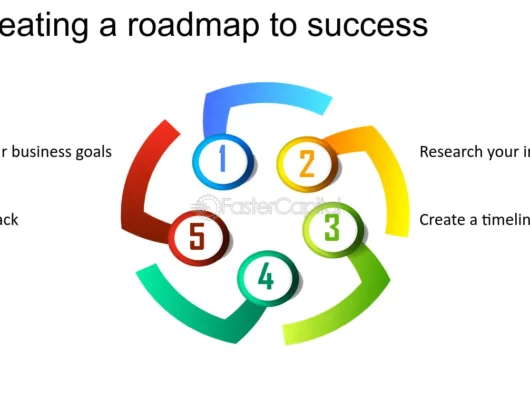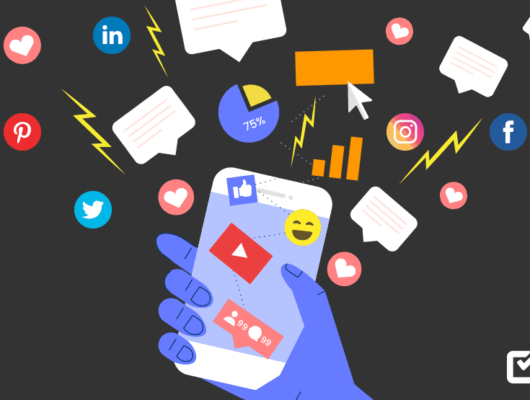Hosting an event is a powerful way to engage with your audience, build brand awareness, and foster a sense of community. However, promoting your event effectively on Facebook can make all the difference between a packed house and empty seats. Here’s a guide to help you leverage Facebook’s vast reach to ensure your event is a success.
1. Create a Compelling Facebook Event Page
Your Facebook Event page is the foundation of your promotion. It’s where people will go to learn about your event, RSVP, and share it with their networks. Make sure your event page is detailed, visually appealing, and provides all the necessary information.
Key Elements:
- Event Name: Keep it short, clear, and catchy.
- Cover Image: Use a high-quality image that represents the theme of your event.
- Event Details: Include the date, time, location, and a brief description of what attendees can expect.
- Ticket Information: If your event requires tickets, provide a direct link to purchase them.
2. Utilize Facebook Ads
Facebook Ads are a powerful tool to reach a broader audience beyond your organic followers. By targeting specific demographics, interests, and behaviors, you can ensure your event is seen by the right people.
Ad Types to Consider:
- Event Response Ads: These ads are designed to drive RSVPs directly to your Facebook Event page.
- Video Ads: Engage potential attendees with a short, captivating video that highlights the event’s key attractions.
- Carousel Ads: Showcase multiple aspects of your event, such as speakers, performers, or workshops.
Targeting Tips:
- Location: Target people who live near your event location.
- Interests: Focus on interests related to your event’s theme.
- Lookalike Audiences: Create lookalike audiences based on your current attendees or followers.
3. Engage with Your Audience
Engagement is key to keeping your event top of mind for potential attendees. Regular updates, interaction, and sharing valuable content related to the event can help build excitement.
Engagement Strategies:
- Event Updates: Post regular updates about the event, such as new speakers, schedule changes, or exciting activities.
- Countdown Posts: Create a sense of urgency as the event date approaches with countdown posts.
- Polls and Questions: Use polls and questions to engage your audience and get feedback on what they’re most excited about.
- Behind-the-Scenes Content: Share sneak peeks or behind-the-scenes content to build anticipation.
4. Leverage Influencers and Partners
Collaborating with influencers or partners can significantly expand your reach. When influencers promote your event to their followers, it adds credibility and attracts more attendees.
Collaboration Ideas:
- Guest Speakers or Performers: Ask them to promote the event on their channels.
- Local Businesses: Partner with local businesses for cross-promotion.
- Social Media Influencers: Provide influencers with exclusive content or offers to share with their audience.
5. Encourage User-Generated Content
User-generated content (UGC) is a powerful way to promote your event organically. Encourage your audience to share their excitement and experiences leading up to the event.
Ways to Encourage UGC:
- Create a Hashtag: Develop a unique event hashtag and encourage attendees to use it in their posts.
- Contests and Giveaways: Host a contest where participants share a post about your event for a chance to win free tickets or exclusive access.
- Photo Challenges: Ask participants to share photos related to the event theme, with the best ones being featured on your event page.
6. Retarget Interested Audiences
Not everyone who views your event page will RSVP right away. Retargeting ads can help bring those interested back to your event page and encourage them to take the next step.
Retargeting Strategies:
- Engagement Retargeting: Target people who have engaged with your event page or other related content.
- Website Visitors: Retarget visitors who have checked out your event details or ticket page but haven’t committed yet.
7. Post-Event Follow-Up
Your work isn’t done once the event is over. A post-event follow-up can help you build relationships with attendees and gather feedback for future events.
Follow-Up Ideas:
- Thank You Posts: Express gratitude to everyone who attended and supported the event.
- Event Recap: Share a recap of the event with photos, videos, and highlights.
- Feedback Surveys: Ask attendees for feedback on their experience to improve future events.
Conclusion
Promoting your event on Facebook requires a strategic approach to reach the right audience, build excitement, and ultimately drive attendance.
By creating a compelling event page, leveraging ads, engaging with your audience, and using a mix of organic and paid strategies, you can maximize your event’s success.
Remember, effective promotion is about more than just visibility—it’s about creating a connection with your audience and providing them with a compelling reason to attend.






